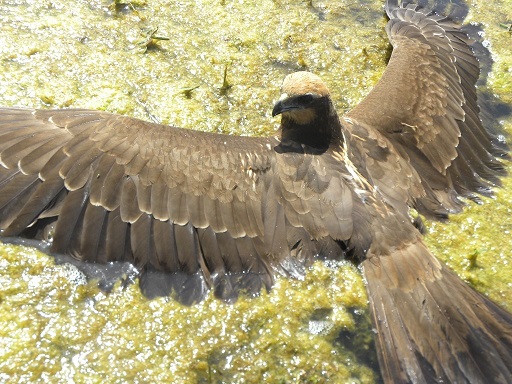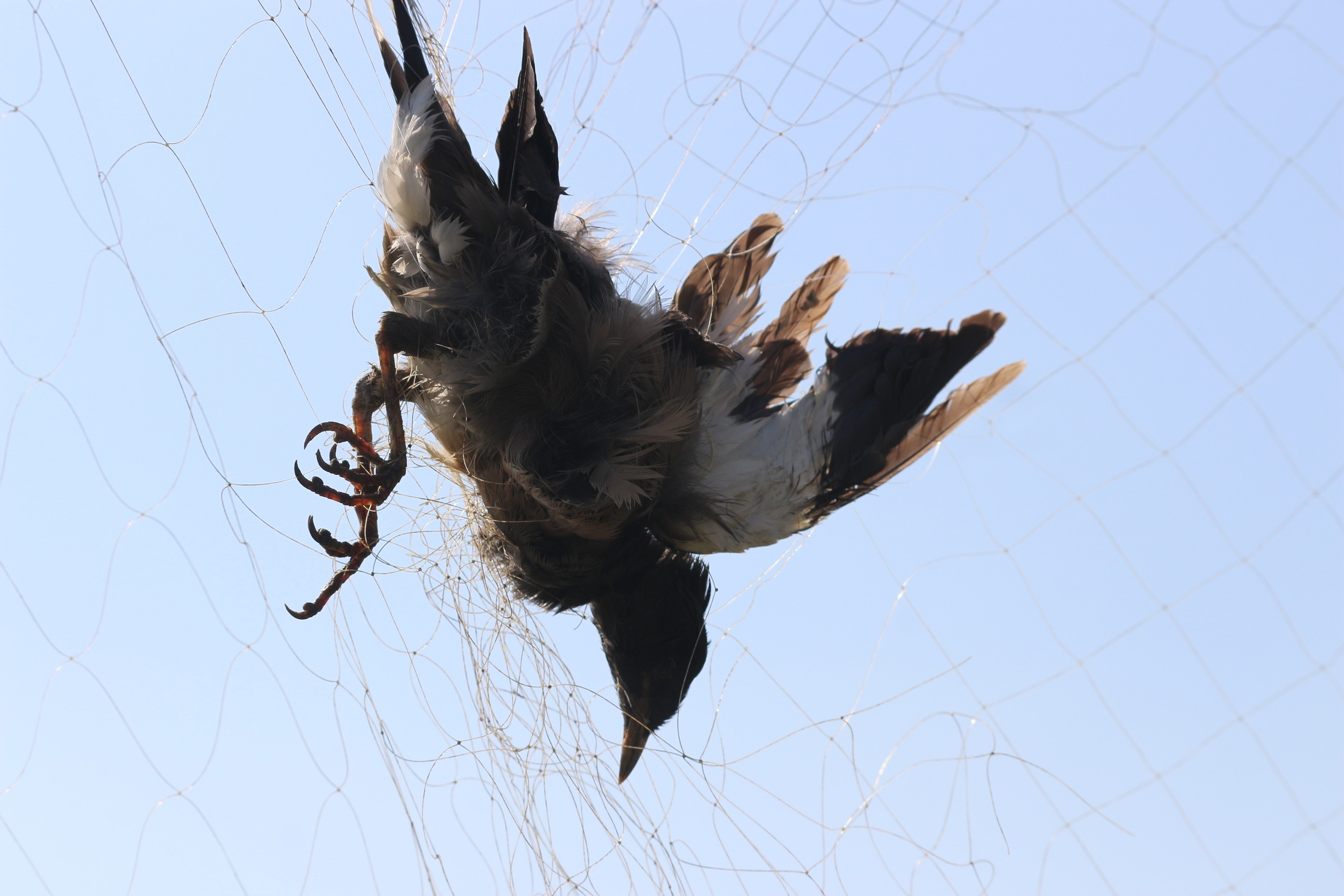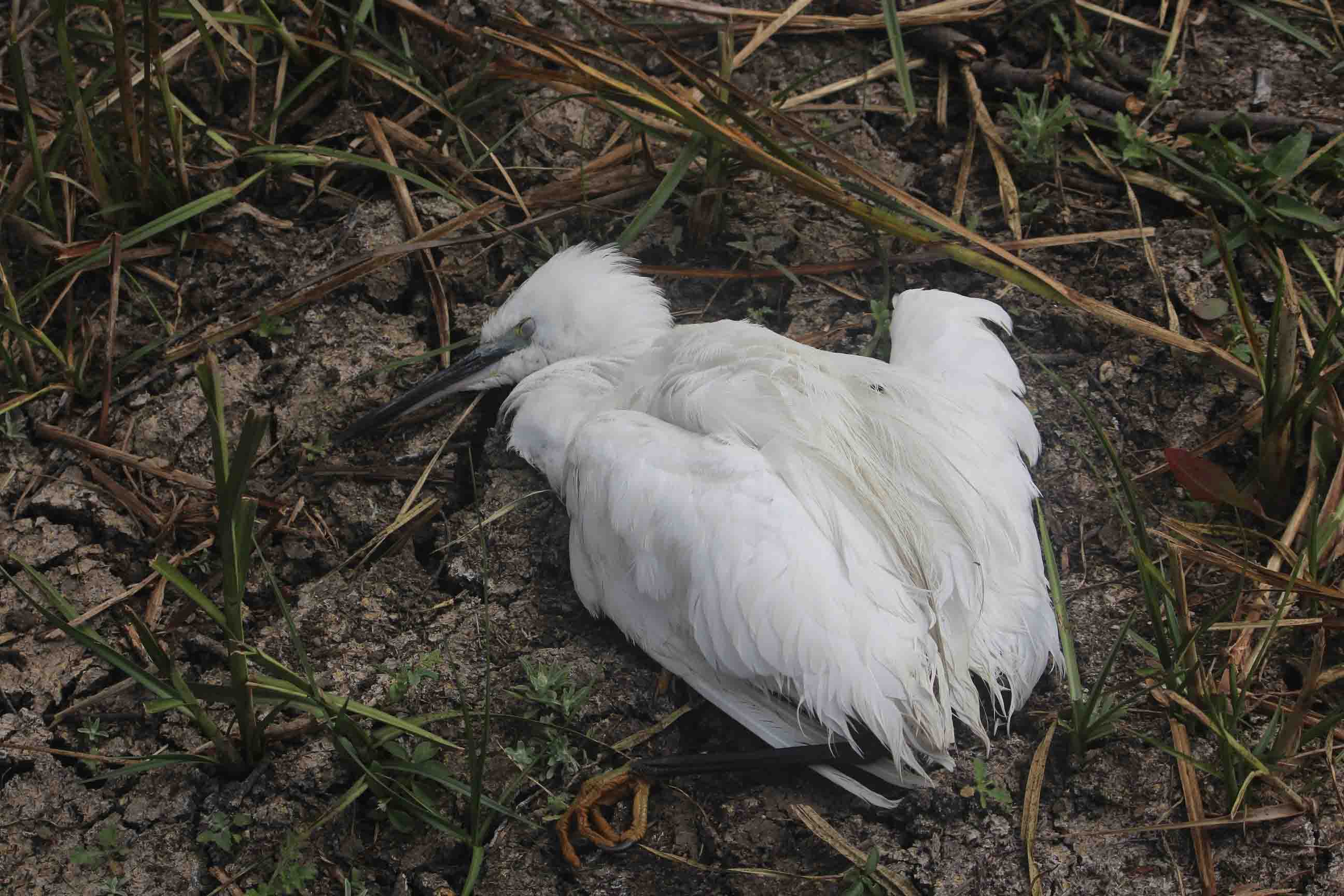Bhopal, 19 August 2020: A Rapid Action Project (RAP) grant from WTI to Mr Rajesh Kumar Shan, a Bhopal based research scholar helped mitigate illegal bird trapping in Bhoj Wetland.
A Ramsar site that is a habitat for resident and migratory birds, Bhoj Wetland comprises the Upper and Lower Lakes and holds socio-cultural significance for the city of Bhopal. A recent bird count recorded 125 species of birds, such as red crested pochard (Netta rufina), northern shoveler (Spatula clypeata), green sandpiper (Tringa ochropus), painted stork (Mycteria leucocephala), brown headed gull (Chroicocephalus brunnicephalus), and purple heron (Ardea purpurea).
While the Upper lake adjoins Van Vihar National Park on the south, with human settlements on the east and north and agriculture fields on the west, the lower lake is bounded by human settlements from all sides. This wetland is also a cultivation site for water- chestnut, which adds to the livelihood of some local communities. Harvesting of these water- chestnuts is done by using nets in summer; these nets are more than 100-200ft tall and 500-900ft wide and are usually deployed in open waters where large congregations of waterfowl feed. The nets pose a threat to the resident and migratory species when not immediately removed after harvesting and if left for longer periods.
Birds fly straight into these tall nets, get entangled and often die. Mr Rajesh Kumar Shan formed five teams of local fishermen, farmers, students and research scholars for patrolling the landscape and removal of nets. When they shared initial reports with EPCO, Ms Vinita Vipat further got a team of six from the Bhopal Municipal Corporation led by Mr. Sanjay Sahu to join the patrol teams.
Despite the pandemic induced lockdown, the teams undertook continuous patrols in Trapa (water-chestnut) cultivation areas. Several birds were found dead and entangled in discarded trap nets but the team managed to rescue 48 birds and safely release them back into the wild. A total of seven trap nets and 18 discarded nets were removed during the course of the project.



Pic Credits : Rajesh Kumar
The teams’ efforts in spreading awareness have helped gain confidence of 15 farmers who have since agreed to keep a look out for illegal trapping activities in the region.
The team plans to continue patrolling the trapa cultivated area and engage with more local people in attempts to protect Bhoj Wetland and its biodiversity. The coming months will see more action on highlighting this issue and enforcement through RAP support.
WTI’s Rapid Action Projects are our key outreach initiatives through which we partner with committed individuals and grassroots agencies to address conservation problems needing immediate attention.
<<<<<Click here to read more about RAPs >>>>